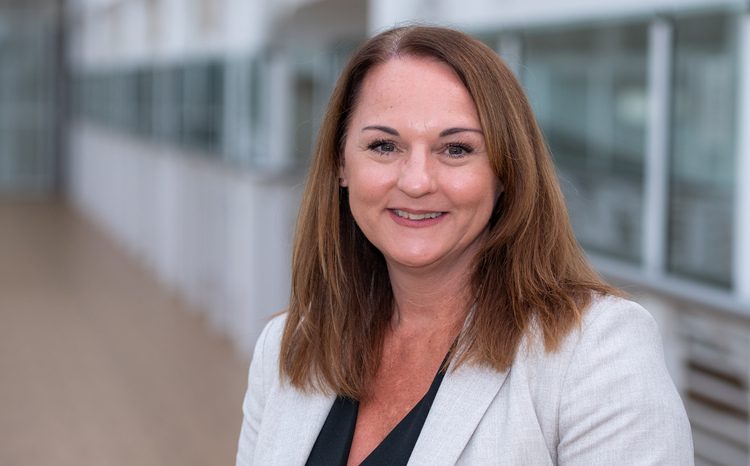GP2GP out-of-date medical records concern
- 11 November 2008
GP practices that have moved from a GP2GP compliant system but left it connected to the Spine have been inadvertently sending patient records to other practices which could be out-of-date.
The error came to light after it was discovered that some practices that have moved from INPS Vision 3 or EMIS LV 5.2 have retained live GP2GP functionality in their former systems.
It means records have been sent that only contain information up until the point of migration to the new system, potentially omitting part of the record with relevant information about current and active medical problems.
A spokesperson for Connecting for Health told EHI Primary Care that had decommissioned the GP2GP functionality at the 34 practices which had an old GP2GP compliant system running in their practice as soon as it became aware of the issue.
He added: "It is impossible to say whether or not incomplete records were transferred under GP2GP. This is because the completness of the record depnds on whether or not the patient had visited the practice since the practice transferred to the new system.
"Any risk is mitigated by the fact that a) records that were transferred will provide the receiving practice with a complete record up to the point at which the practice migrated to a new system, b) the practice also receive a paper copy of the record and c) the clinician who first sees the patient on registration will ask the patient about their medical history and current medical issues thus brining the patient’s record up to date."
Dr Grant Ingrams, co-chair of the Joint IT Committee of the British Medical Association and the Royal College of General Practitioners, said he understood there had been 61 incidences and that the committee had asked NHS Connecting for Health to investigate further.
He told EHI Primary Care: “It’s a minor problem which has been discovered as GP2GP is being rolled out. As happens with these things, it’s thrown up a learning point.”
Dr Ingrams said it was crucial for GP practices that move systems to retain their old system but GPs are now being reminded to switch off their connection to the Spine from the old system.
GPs using GP2GP are also asked to ensure that there is no gap in the incoming record.
Dr Ingrams said the committee had also asked CfH to investigate whether it was possible for the Spine to prevent a practice from connecting to it via two different systems.
CfH has issued decommissioning guidance to primary care trusts, which emphasises that GP2GP functionality should be decommissioned immediately when a practice stops using a GP2GP compliant system.
It adds: “If a compliant system is left with live GP2GP functionality this could result in an out-of-date medical record being requested by another practice from a legacy system and could create a clinical risk.”
The guidance states that PCTs must notify the GP2GP team at least two weeks before a practice migrates to a new system.
Latest statistics from CfH show that 4,803 practices are now actively operating GP2GP and more than 350,000 records have been transferred using the system.




